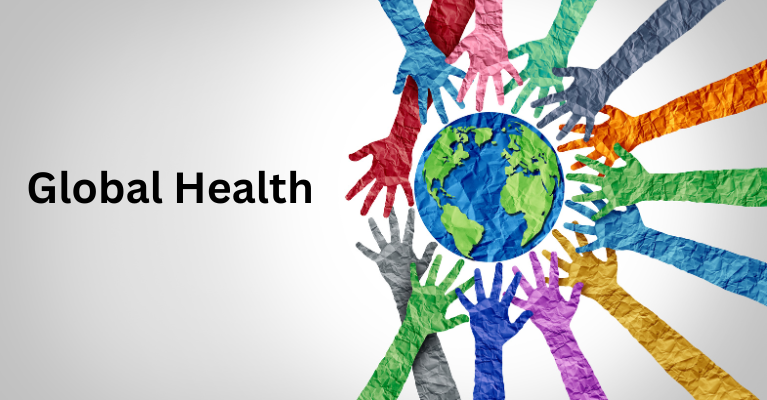Top
Healthcare News | Global Healthcare |
Africa Expands Health Security Partnership Amid Global Push for Pandemic Preparedness
Time to read: 01:23
Published: 2 June 2025, 11:54 am
On 29 May 2025 in Geneva, the World Health Organisation (WHO), the Africa Centres for Disease Control and Prevention (Africa CDC), and the Robert Koch Institute (RKI) announced the expansion of the Health Security Partnership to Strengthen Disease Surveillance in Africa (HSPA). Initially launched in 2023 across six countries—The Gambia, Mali, Morocco, Namibia, South Africa, and Tunisia—the initiative will now extend to Rwanda during its second phase, running from 2025 to 2028.
Africa continues to face more disease outbreaks than any other region globally. In response, the HSPA initiative aims to bolster disease surveillance and epidemic intelligence, helping African nations better detect and respond to health threats—whether naturally occurring, accidental, or deliberate. The programme adopts a collaborative approach, linking health and security sectors to reduce biological risks while enhancing national and international surveillance systems.
The initiative focuses on building capacity in key areas, including biorisk management, event- and indicator-based surveillance, genomic surveillance, and epidemic intelligence.
This support is delivered through training, co-developed implementation roadmaps, technical assistance, and the development of national frameworks—all aligned with country-specific priorities for sustainable impact.
Dr Chikwe Ihekweazu of WHO emphasised the importance of coordinated partnerships in ensuring responsive, sustainable health security efforts. Dr Raji Tajudeen of Africa CDC highlighted the critical role of political will and cross-border collaboration, especially in resource-limited settings.
Phase two of HSPA is supported by continued funding from the Government of Canada and new contributions from the United Kingdom. With these resources, the initiative aims to accelerate progress towards a more resilient,healthier Africa.
This agreement follows the WHO’s historic pandemic accord signed on 20 May 2025—underscoring a global commitment to collaborative healthcare efforts that prioritise preparedness, equity, and long-term health security.
Read more on Pandemic Preparedness:
20 May 2025 | WHO Adopts Historic Pandemic Preparedness Agreement
29 May 2025 | WHO Press Release| Africa CDC and RKI expand unique partnership to strengthen collaborative surveillance in Africa
Disclaimer
This article is compiled from various resources researched and compiled by the contributor. It is in no way presented as an original work. Every effort has been made to correctly attribute quotes and content. Where possible all information has been independently verified. The Medical Education Network bears no responsibility for any inaccuracies which may occur from the use of third-party sources. If you have any queries regarding this article contact us
Fact-checking Policy
The Medical Education Network makes every effort to review and fact-check the articles used as source material in our summaries and original material. We have strict guidelines in relation to the publications we use as our source data, favouring peer-reviewed research wherever possible. Every effort is made to ensure that the information contained here is an accurate reflection of the original material. Should you find inaccuracies, out of date content or have any additional issues with our articles, please make use of the contact us form to notify us.



